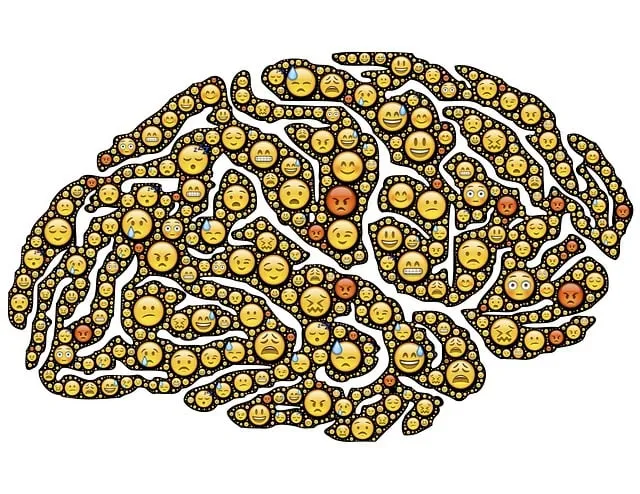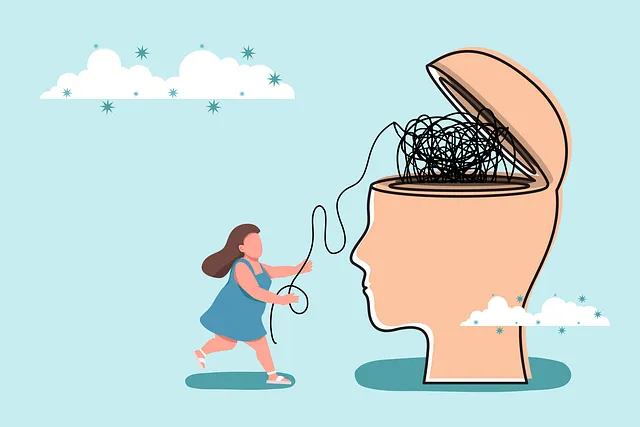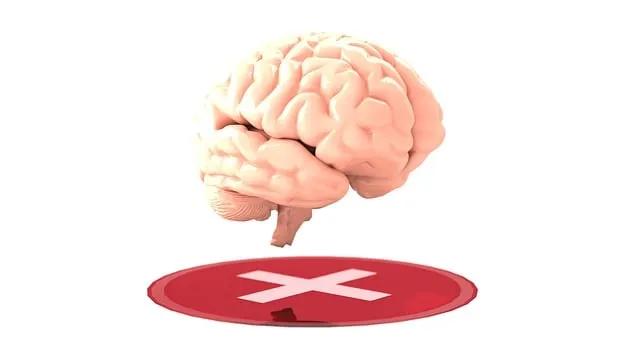Cultural sensitivity is paramount in effective mental healthcare delivery, especially in diverse regions like NorCal, where the Lafayette Kaiser Permanente (LKP) mental health phone line serves as a critical resource. LKP addresses cultural barriers by offering tailored support, language services, and initiatives like stress workshops and coaching programs to enhance provider cultural competency. Through comprehensive training on emotional intelligence and advocacy for diversity, they ensure patients from various backgrounds feel valued and heard, ultimately improving mental health outcomes. The Lafayette Kaiser Permanente mental health phone number in NorCal exemplifies their commitment to accessible, culturally competent care that respects individual identities.
Cultural sensitivity is an essential aspect of providing effective mental healthcare, ensuring equitable access to services for all. This article explores the critical role it plays in improving patient outcomes at Lafayette Kaiser Permanente (NorCal), one of the leading healthcare providers. We delve into understanding cultural nuances and their impact on mental health, addressing challenges such as language barriers and biases. By presenting strategies implemented by NorCal, we highlight how culturally competent care can transform patient experiences, emphasizing its value for a diverse population. Contact NorCal’s mental health services via their dedicated phone number for more information.
- Understanding Cultural Sensitivity in Mental Healthcare
- Challenges and Barriers in Providing Culturally Competent Care
- Strategies for Integrating Cultural Sensitivity at Lafayette Kaiser Permanente (NorCal)
- The Impact of Cultural Sensitivity on Patient Outcomes and Experience
Understanding Cultural Sensitivity in Mental Healthcare

Cultural sensitivity is a cornerstone in providing effective mental healthcare services, especially in diverse communities like NorCal where Lafayette Kaiser Permanente’s phone number for mental health services is a trusted resource. It involves recognizing and appreciating the cultural backgrounds, values, and beliefs of clients to offer tailored support that resonates with their unique identities. This approach ensures that individuals from various ethnic, racial, and socio-economic groups receive care that respects their traditions and addresses their specific needs.
By fostering cultural sensitivity, mental health professionals can navigate complex issues such as language barriers, different conceptualizations of health and illness, and diverse coping mechanisms. They can also facilitate meaningful engagement with clients, leading to improved treatment outcomes. The Stress Management Workshops Organization and Mental Wellness Coaching Programs Development in the region often emphasize self-awareness exercises that promote cultural sensitivity among participants, ultimately enriching the mental healthcare ecosystem in NorCal.
Challenges and Barriers in Providing Culturally Competent Care

Providing culturally competent care in mental healthcare is a complex endeavor, riddled with challenges that vary across diverse communities. One significant barrier is the lack of cultural understanding among mental health professionals, often stemming from insufficient training and exposure to different cultural backgrounds. In areas like NorCal, where Lafayette Kaiser Permanente offers mental health services through its phone number network, addressing these gaps requires proactive measures. Mental Health Policy Analysis and Advocacy play a crucial role in driving systemic changes that promote diversity and inclusion within healthcare institutions.
The journey towards culturally sensitive practice involves fostering Emotional Intelligence and Compassion Cultivation Practices. By equipping professionals with the skills to navigate cultural nuances, understand implicit biases, and respond empathetically, care becomes more tailored and accessible. This is especially vital in communities where mental health disparities persist, demanding a shift from conventional practices towards those that resonate with unique cultural beliefs, values, and expressions of well-being.
Strategies for Integrating Cultural Sensitivity at Lafayette Kaiser Permanente (NorCal)

At Lafayette Kaiser Permanente (NorCal), integrating cultural sensitivity into mental healthcare practice is a top priority. The organization recognizes that understanding and respecting diverse cultural backgrounds, beliefs, and values are essential for delivering effective and compassionate care. To achieve this, NorCal has implemented several strategies.
One key approach involves providing comprehensive cultural competency training to all staff members, including doctors, nurses, and administrative personnel. This training equips them with the knowledge and skills to navigate complex cultural dynamics, fostering an environment where every patient feels heard and valued. Additionally, NorCal encourages the use of translation services for non-English speaking patients, ensuring clear communication and accessible care. They also promote positive thinking, mood management, and inner strength development through tailored programs that consider cultural nuances, enhancing the overall well-being of their diverse patient population.
The Impact of Cultural Sensitivity on Patient Outcomes and Experience

Cultural sensitivity plays a pivotal role in shaping patient outcomes and experiences within mental healthcare settings. By embracing diversity and understanding the unique cultural backgrounds of patients, mental health professionals can create an environment that fosters trust and encourages open communication. This approach is particularly relevant for organizations like Lafayette Kaiser Permanente in Norcal, where a diverse patient population seeks support for their mental well-being.
When practitioners incorporate cultural sensitivity into their practice, they go beyond treating symptoms to address the whole person. It involves recognizing and valuing different perspectives, beliefs, and values related to health and healing. For instance, compassion cultivation practices and self-care routines can be tailored to respect individual cultural norms, thereby enhancing the patient’s sense of belonging and comfort. Moreover, this inclusive approach may contribute to improved self-esteem improvement, as patients feel heard, understood, and respected during their journey towards mental health recovery.
Cultural sensitivity in mental healthcare is no longer a consideration, but an imperative. As evidenced by the successful strategies implemented at Lafayette Kaiser Permanente (NorCal), integrating cultural competence enhances patient outcomes and experience. By addressing challenges such as language barriers and biases, healthcare providers can create safe, inclusive environments that honor diverse beliefs and practices. For those seeking support, the mental health phone number for Lafayette Kaiser Permanente in NorCal is a step towards navigating this crucial aspect of healthcare with confidence and improved access to culturally sensitive care.






